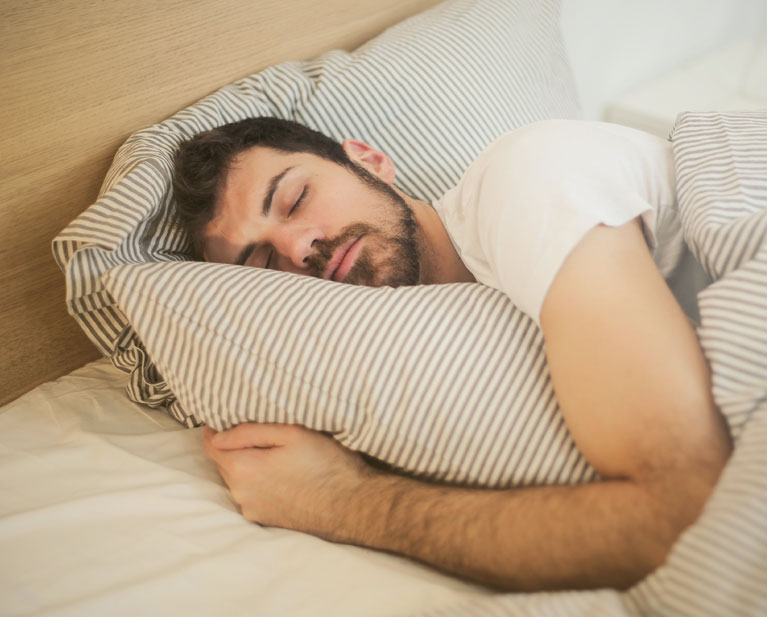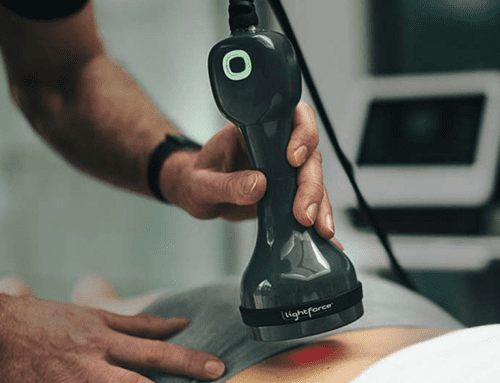One activity that can easily be overlooked is something we do and need every single day is SLEEP! During our physical therapy sessions, we try our best to look at the body as a whole, and sleep is a topic we often talk to our patients about.
One study even found that sleep is a better predictor of pain than pain is that of sleep [1]. Exposure to chronic insufficient sleep may result in changes in the pain modulating processes in your brain and as a result, may increase vulnerability to chronic pain conditions [1]. In other words, when you’re sleep-deprived, you become more sensitive to threatening inputs to the body, such as pain, and the brain will translate these inputs into more additional pain.
Why is this important?
Improving sleep hygiene and quality can help to decrease pain. Sleep is when our body takes a break from the long day to recover in order to get you energized for the next day. Lack of sleep not only makes you feel groggy and have low energy, but if an injury is already present, your pain may be more exacerbated due to poor quality or lack of sleep.
Helpful Tips on Getting Better Sleep [2]
- Exercise! (Our favorite tip) – Exercising is something we promote, and luckily, the research shows that the more active you are, the better sleep you can get [2]! Make sure you’re working out 3-4 hours prior to your bedtime so your body can have time to settle and get ready for bed.
- Disconnect from electronics – 30 minutes before bed, turn off your computer/phone/TV. The light may affect your ability to fall asleep.
- Don’t eat too late – Give your body time to digest.
- Temperature control – Not too hot or too cold. A lot of studies say lower than 65 degrees Fahrenheit is optimal for sleep.
How Can Physical Therapy Help?
When an injury is present, we, as physical therapists, are here to help you overcome these injuries. We assess the issue to determine what can be causing your injury and our treatment sessions help to not only give you relief from the pain, but also help you continue to move and get stronger!
If you like to learn more about how sleep can affect pain, feel free to reach out to one of our physical therapists at SetPT. Happy Moving!
Sources:
- Haack, M., Simpson, N., Sethna, N., Kaur, S., & Mullington, J. (2019). Sleep deficiency and chronic pain: Potential underlying mechanisms and clinical implications. Neuropsychopharmacology, 45(1), 205–216. https://doi.org/10.1038/s41386-019-0439-z
- Suni, Eric. “How to Sleep Better.” Sleep Foundation, 30 July 2020, www.sleepfoundation.org/sleep-hygiene/healthy-sleep-tips.





